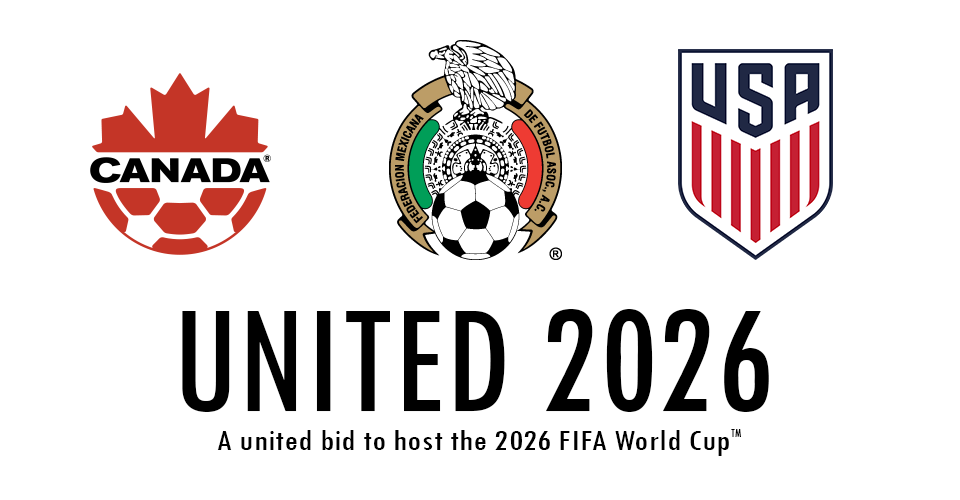
With World Cup fever at an all time high right now, FIFA announced that North America will be hosting the 2026 World Cup. To be specific, the United States, Canada and Mexico will be the hosting countries for the soccer festivities and it has fans of the sport all around North America celebrating the decision. In the FIFA world cup commission that occurred earlier this morning in Moscow, the federation voted in favour of North America hosting over the other bid for the games, Morocco.
So what does this mean for us? Nothing really other than waiting 8 years and paying tax dollars to use for the games. The World Cup this year will be in Russia and while 2022 is a bit in flux right now because of the whole ‘Qatar’ bribing situation, 2026 is clear as day. FIFA has even announced a little bit of change to the tournament that might help spice things up.
Changes to the FIFA World Cup Starting 2026:
– There will be a whopping 48 teams in this tournament (as opposed to the traditional 32 that begin in the group stage)
– It will be in 16 cities across 3 countries:
The United States (Miami, Orlando, Atlanta, Nashville, Dallas, Houston, Kansas City, Cincinnati, New York, New Jersey, Baltimore, Philadelphia, Boston, San Francisco, Los Angeles & Seattle)
Canada (Toronto, Montreal, Edmonton)
Mexico (Mexico City, Guadalajara, Monterrey)
This ultimately means that all 3 countries automatically qualify for the games, meaning that 45 teams will have to fight to qualify. This will be the first Canada will be in the World Cup since 1986, while the States and Mexico are constant contenders in the events. The last time the World Cup was in the U.S was 1994 where the resilient Brazilian team won.
Questions have already begun to spring about the games. How will we pay for them? How much construction does this mean? How much tax dollars will we be giving up? While they’re all important questions, the games are 8 years away. Which gives cities lots of time to be able to plan ahead for the games. Most people don’t even know what plans they have tomorrow. For now, sit back and relish on the fact that if you’re in one of those cities, you might not have to watch the games on TV in 2026.







